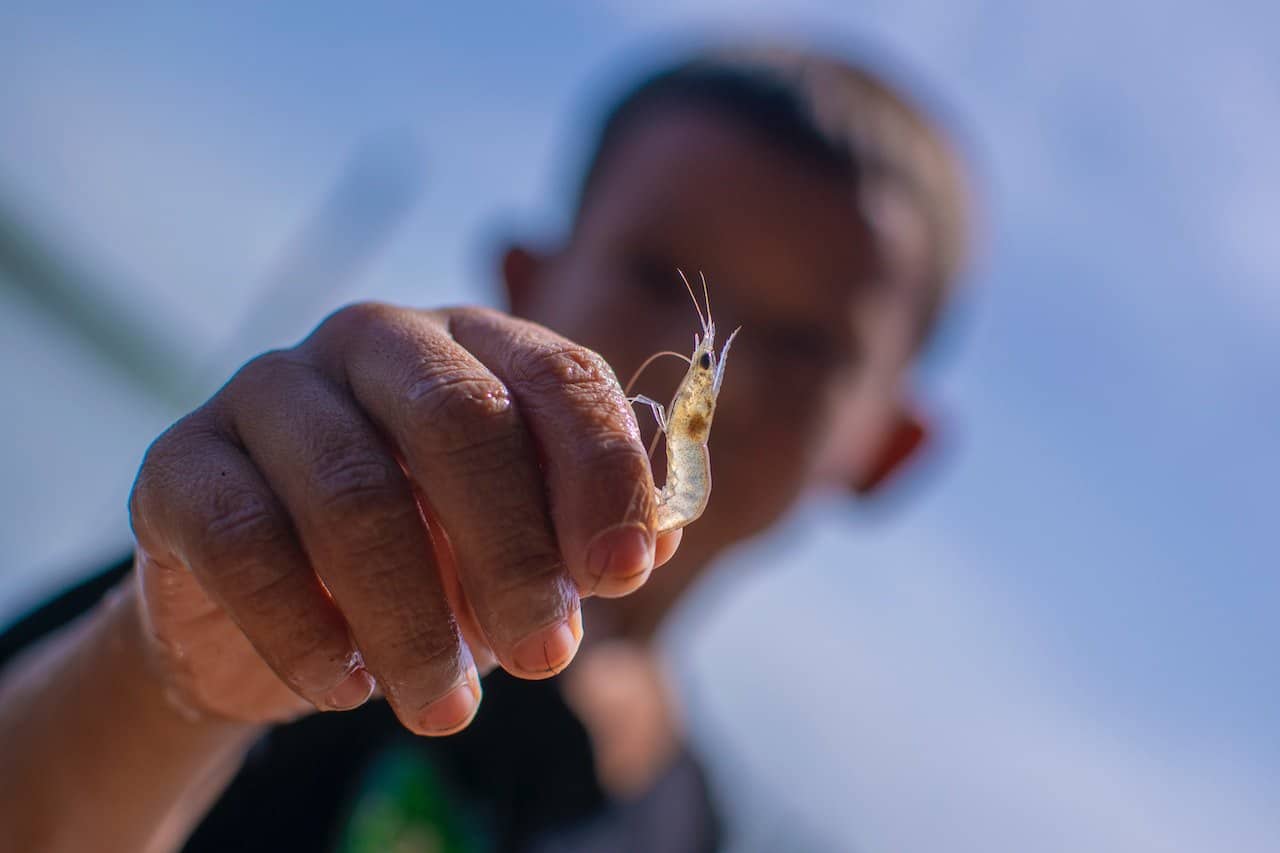A fishing ban in the Gulf of Nicoya, effective since May 1st and lasting until July 3rd, protects shrimp, corvina, snapper, and white mullet during their breeding season. Enforced by the Costa Rican Institute of Fisheries and Aquaculture (INCOPESCA), the ban promotes sustainable artisanal, sport, and sport fishing, supporting coastal communities like Chomes and Isla Chira.
“This ban keeps marine resources sustainable for future fishing,” says Nelson Peña, INCOPESCA’s executive president. It helps fish stocks recover, securing catches for about 1,400 fishers next year. Overfishing, warming waters from climate change, and plastic pollution threaten the gulf, making the ban a key defense.
The ban spans from Punta Torres (Peñón), Faro de Isla Negritos, and Punta Cuchillos to the Tempisque River mouth. Barracuda fishing with hand lines is allowed in zones B and C with licenses, and mollusk harvesting is exempt unless red tide, a toxic algal bloom, strikes. Aquaculture products are unaffected.
Since 1985, the ban has aimed to protect spawning, but critics say weak enforcement and mismatched timing for species like corvina limit its impact. INCOPESCA and the Coast Guard patrol with drones, fining illegal fishing, though trawling persists. The ban aligns with the 2025–2030 Fisheries Plan, despite funding and sport fishing gaps.
Licensed fishing operations get ₡145,000 ($230) monthly subsidies from the Instituto Mixto de Ayuda Social (IMAS), but delays frustrate many. These fishing companies contribute by cleaning public spaces, painting schools, restoring mangroves, and patrolling turtle nests, aiding the gulf’s ecosystems. They also train in responsible fishing and fish handling.
INCOPESCA’s radio, social media, and market campaigns push consumers to buy legal seafood. “We’re committed to fishing companies and the gulf,” INCOPESCA says. The ban’s success hinges on enforcement and community support to protect marine life and livelihoods in this vital estuary.






